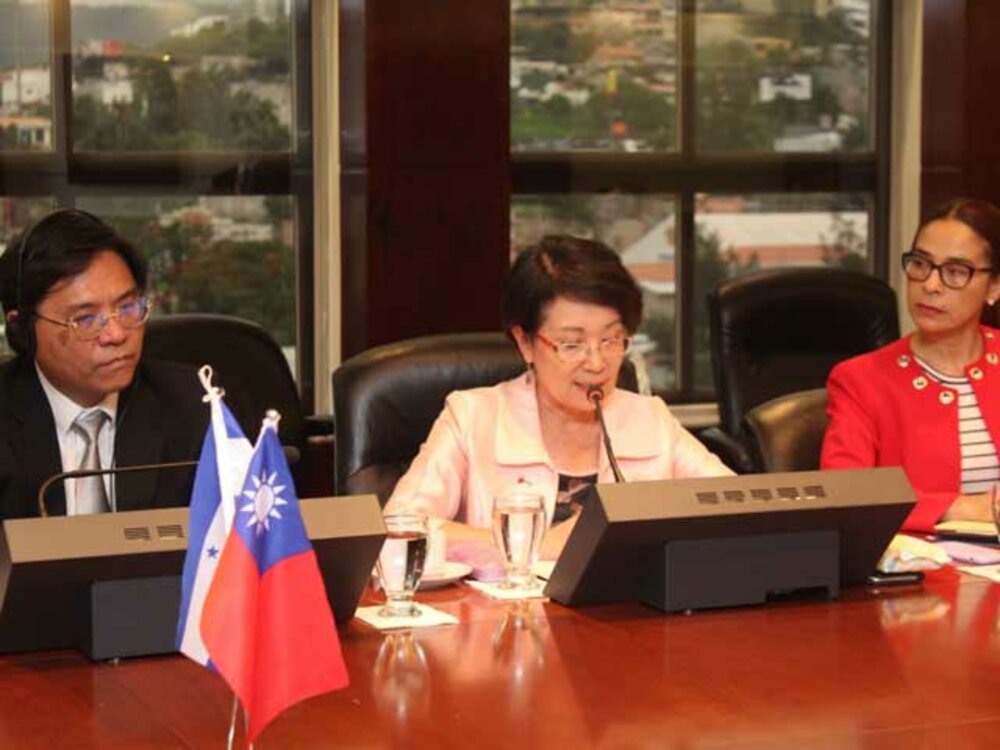CABEI Educational Credit Program Results Presented

The CABEI Educational Credit Program has benefited 465 students throughout the region.
Tegucigalpa, October 15, 2019.- The Central American Bank for Economic Integration (CABEI) presented the results obtained from its Educational Credit Program (PBCE), which is financed with reimbursable and non-reimbursable resources from CABEI and the International Cooperation and Development Fund of the Republic of China Taiwan (TaiwanICDF).
The program aims to support human capital formation by channeling long-term resources through the regional financial system and Central American institutions dedicated to educational financing in order to increase access to technical training and higher education.
CABEI Executive Vice President ad interim, Nadia Baldelomar, stated that, “The Bank will continue generating financial instruments that will strengthen human capital by developing the capacities of the youngest people. The Bank's commitment to education seeks to create new opportunities for improving people's quality of life.”
An educational program that transforms lives
The channeling of resources allocated to educational credit involves six intermediary financial institutions, which are present in the CABEI founding member countries, through which a total of US$5.6 million have been allocated through December 2018.
According to CABEI officials, 465 students have been benefitted, of which 239 are women and 226 men; this was carried out with the support of a total of 24 universities that offer the PBCE and are located in El Salvador, Honduras, Nicaragua and Costa Rica.
In addition to the benefits for students who had access to higher and technical education, the program also features a Technical Assistance Fund aimed at strengthening the technical and institutional capacities of educational institutions that offer educational financing in the region. Specifically, projects were carried out to strengthen and redesign curricula of educational programs in a number of universities, open new postgraduate programs and create new educational financing programs.
Event attendees included representatives of the Government of the Republic of China Taiwan; officials from TaiwanICDF; representatives of beneficiary universities in Honduras and Nicaragua; and beneficiaries of the PBCE program.




